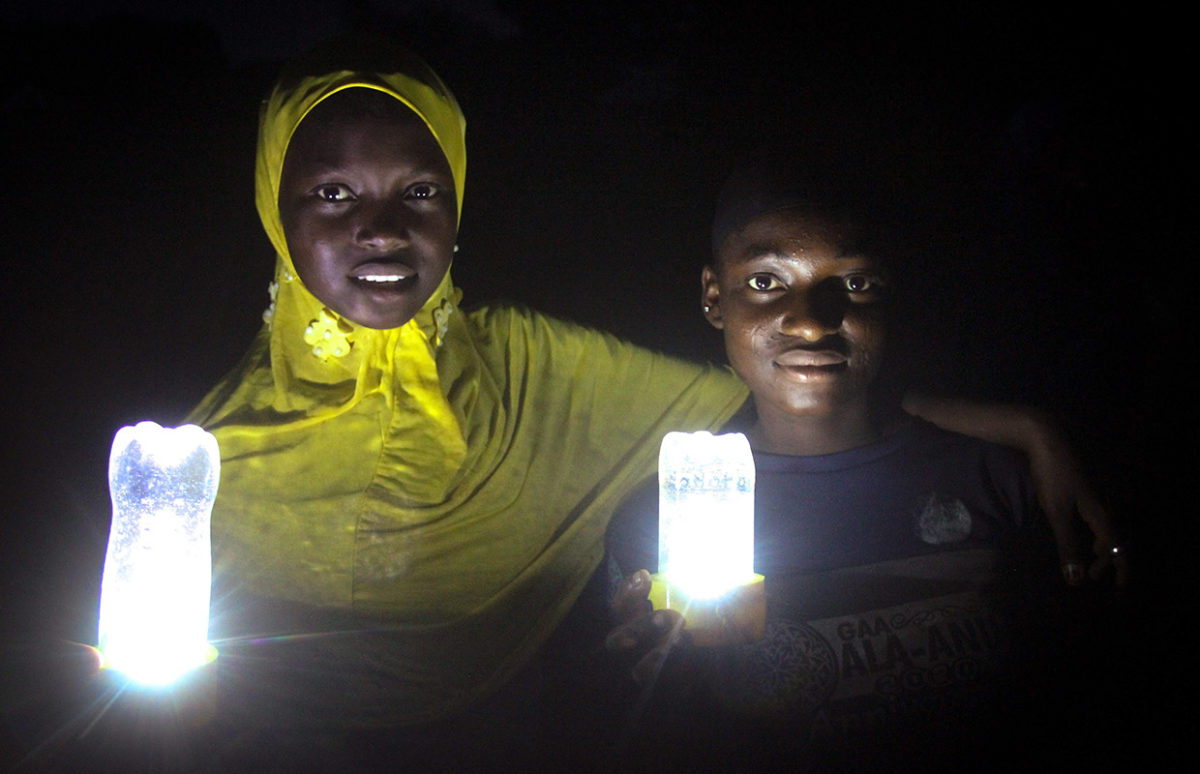The Commonwealth Youth Awards honour young people from around the world for their work trying to advance one or more of United Nations’ Sustainable Development Goals. This year's winner, Stanley Chidubem Anigbogu from Nigeria, founded an organisation to transform waste into solar energy for people who have limited access to energy.
The Commonwealth is a voluntary association of 56 countries, most of which have a connection to Britain through past colonisation. The Commonwealth Youth Awards are for young activists and social entrepreneurs aged 15-29.
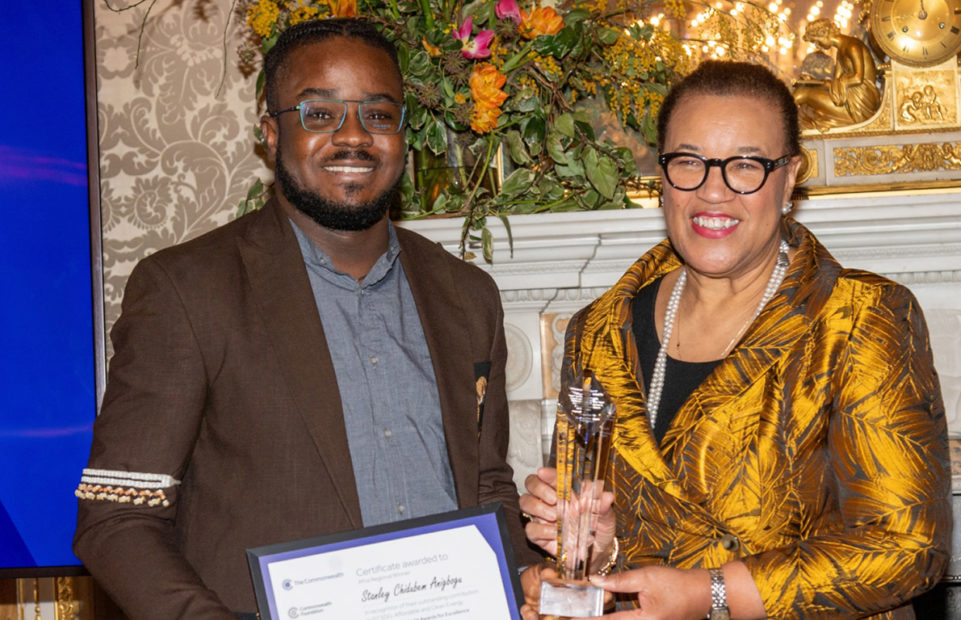
Like many people in Nigeria, Stanley Chidubem Anigbogu didn’t have reliable access to electricity when he was growing up. Trying to do homework after dark meant using candles or kerosene lamps, which are the source of many accidents, and air pollution in the case of kerosene.
Stanley founded LightEd during the COVID-19 pandemic. With a small team of young people, he has trained 6,000 students and recycled over 20,000 kilograms of plastic and electronic waste. LightEd is doubly good for the environment because it creates clean energy while also getting rid of waste.
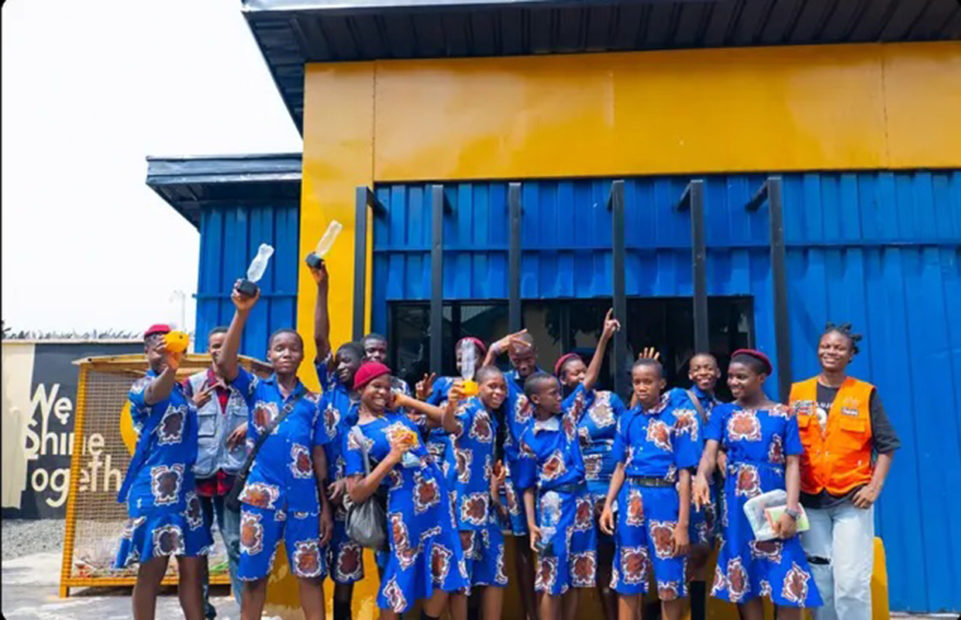
Their Light for Peace project targets people living in Displaced Persons Camps, who have had to flee their homes because of conflict. LightEd provides them with solar lamps and also builds solar-powered recharging stations by reusing old plastic tiles. These have repurposed over 5 tons of plastic waste, preventing pollution and methane emissions from landfills.
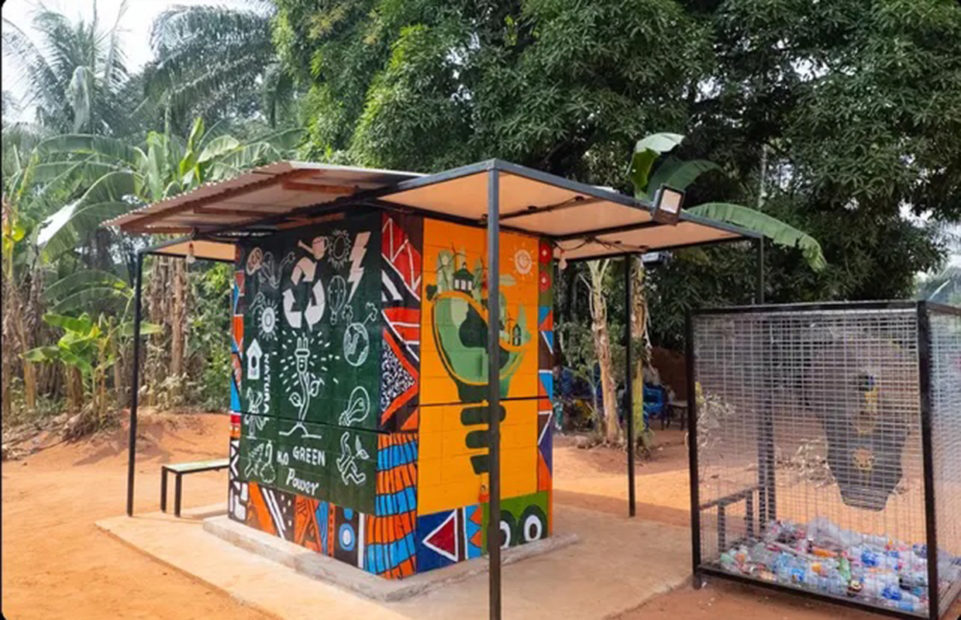
Stanley's vision is to expand LightEd’s reach beyond Nigeria, with a goal of impacting 5 million lives across Africa by 2030. “Youth-led climate action is not just about addressing today’s issues; it’s about ensuring a sustainable future for the next generation,” he says. LightEd plans to introduce more Avatar Stations in underserved regions, expand the Light for Peace initiative, and improve recycling processes to make renewable energy solutions even more affordable and accessible.
“What drives me most is the belief that sustainable development can only be achieved when we prioritize the needs of marginalized communities, empowering them with the tools and knowledge to solve their own problems," he says
Stanley Chidubem Anigbogu describing the LightEd project:
The Finalists
Meet the four other finalists from four global regions, and discover their varied projects.
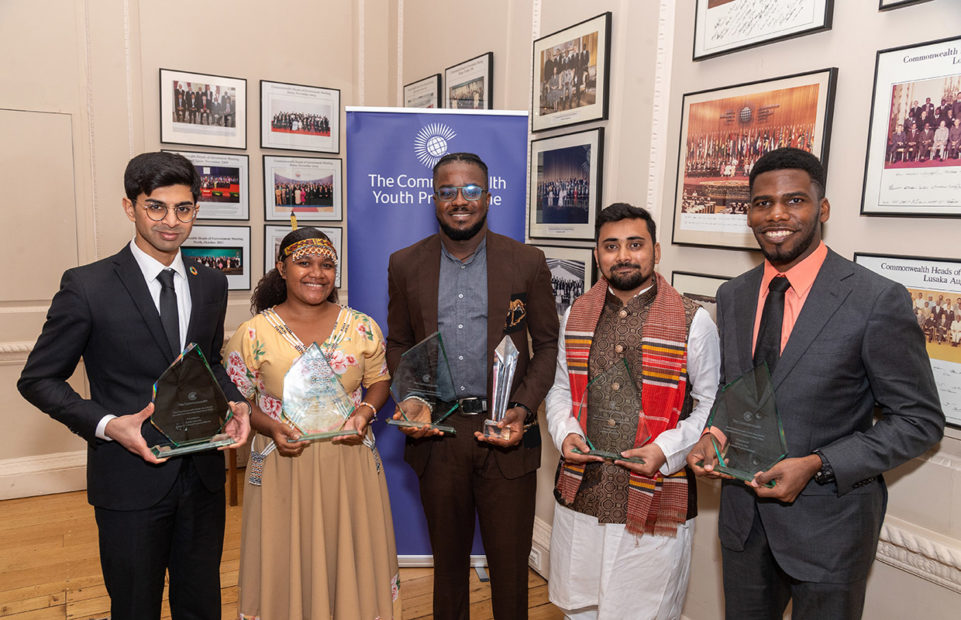
Europe and Canada: Zubair Junjunia – United Kingdom
SDG 4: Quality education
At the age of 16, Zubair founded ZNotes, an online learning platform promoting global educational equity. It has been accessed by six million students across more than 190 countries.
Pacific: Bethalyn Kelly – Solomon Islands
SDG 12: Responsible consumption and production
Bethalyn is president of the Resilience Innovation and Social Change Girls Club (RISC-GC), where girls participate in a number of activities, including the removal of plastic waste from the environment and recycling it into strong and durable pavement bricks.
Asia: Murad Ansary – Bangladesh
SDG 3: Good health and well-being
Murad, a clinical psychologist, has founded a digital solution platform for mental health and emotional well-being in a country where many people had no access to help with mental-health problems.
Caribbean: Nicholas Kee – Jamaica
SDG 14: Life below water
Nicholas is co-founder and CEO of Kee Farms, a regenerative ocean farm network focused on growing seaweed, oysters and other organisms to reduce greenhouse gases and increase ocean biodiversity.
You could use these examples to add to Shine Bright 3e
File 4 Teen entrepreneurs or Snapfile 7 Dive into Barbados about ocean plastic recycling.
> The Earthshot Prizes: Working with Videos
> Greta’s Speech
Tag(s) : "Bangladesh" "environment" "Jamaica" "nature" "Nigeria" "renewable energy" "Shine bright 3e" "social enterprise" "Solomon islands" "sustainable development" "sustainable development goals" "the Commonwealth" "video"





